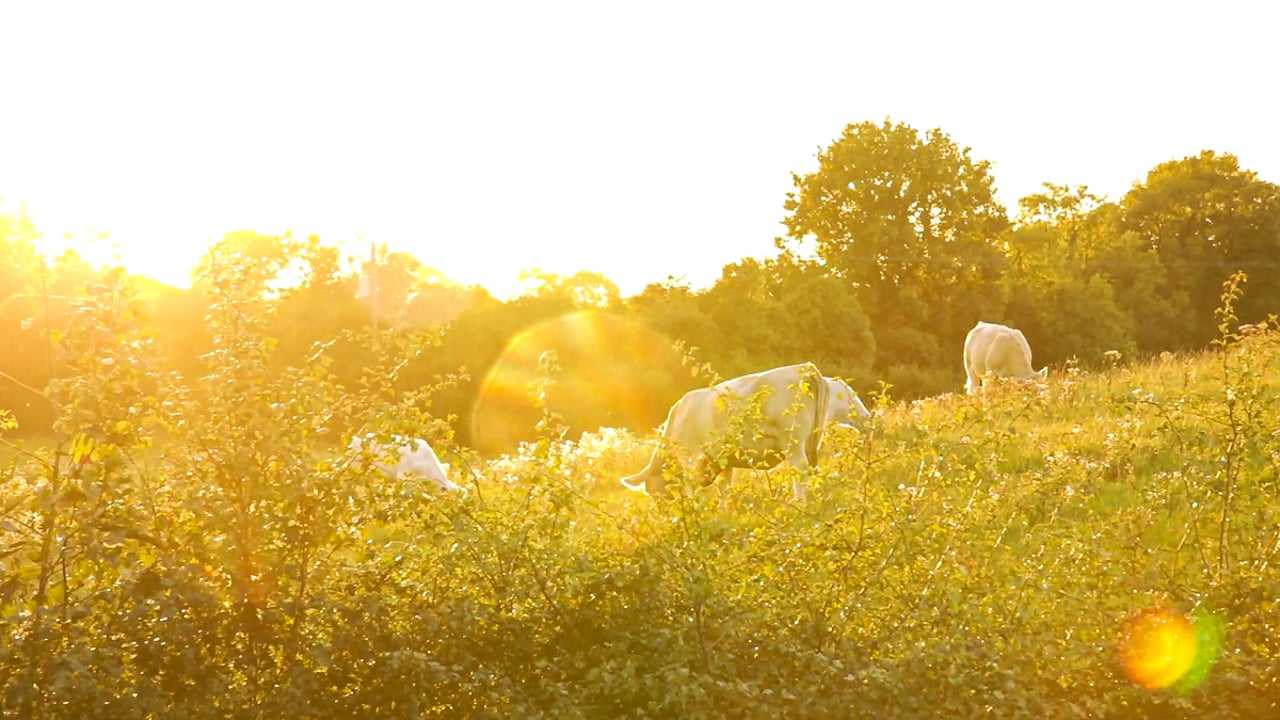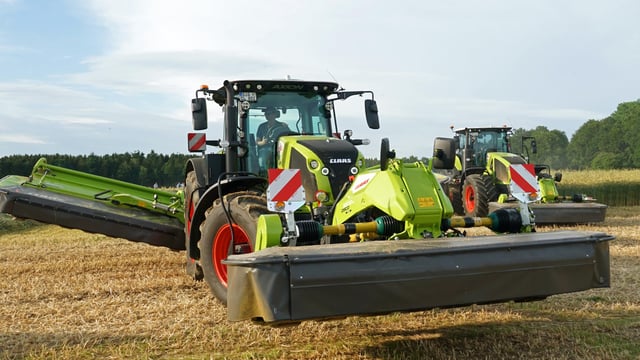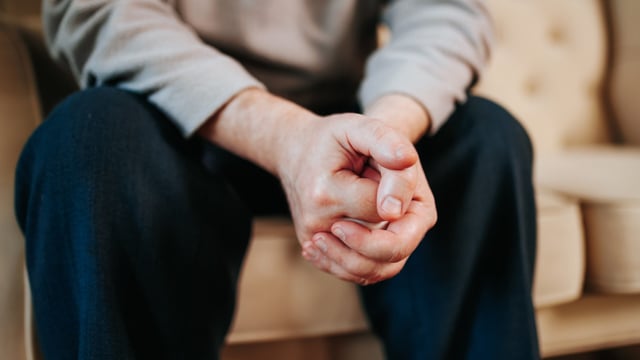Beef advice: How to deal with heat stress in your cattle
Farmers must be on alert for heat stress in their cattle this weekend, as Met Éireann confirms a high pressure is approaching with temperatures expected to surpass 28℃.
With cattle already beginning to feel the heat, it is crucial to practice low-stress techniques to keep your animals healthy.
If farmers start seeing signs of exhaustion and low productivity, they should take steps to prevent the situation from getting worse.
Heat stress can lead to significant drops in production, feed intake, weight gain, fertility, and overall health.
The water trough may be the best place to spot heat stress, as cattle may bunch around the trough as drinking is increased, or start splashing water onto their body using their head.
A farmer might also observe a cow's refusal to lie down, which can ultimately lead to claw horn lesions such as heel ulcers.
During heat stress, cattle's body language may display open-mouth breathing; head extended; tongue protruding, front legs separated; and excess saliva production.
If the animal's body temperature remains high and under stress, they could collapse and even die.
Farmers should pay special attention to sick cows in warm weather and consider supplementing them with oral fluids or even electrolytes.
One of the most important things farmers must be aware of this weekend is making sure their cattle have adequate water supply, remembering that water intake can increase by up to 20% in hot weather.
If signs of heat stress are presenting, farmers can cool cattle down by using a water sprinkler system to wet their coats.
Provide shade to cattle during the heatwave - they should have open access to enter a shed voluntarily, and try and promote good airflow by opening doors.
Cattle may huddle under trees or hedges for shade, however lactating cows in the herd are at risk of mastitis by doing so as this provides a favourable environment for the bacteria.
If feeding concentrates or forage to your herd, aim to do so in the late afternoon or evening rather than the morning to allow fermentation to peak during the night when cooler.
Try not to move cattle during the heatwave, if movement is essential, aim to do so in the morning avoiding the daytime heat as well as the evening, when the animals should be able to recover from the high temperatures.
It is advisable to take steps toward fly control to keep the cattle as comfortable as possible and reduce the risk of spreading disease.





